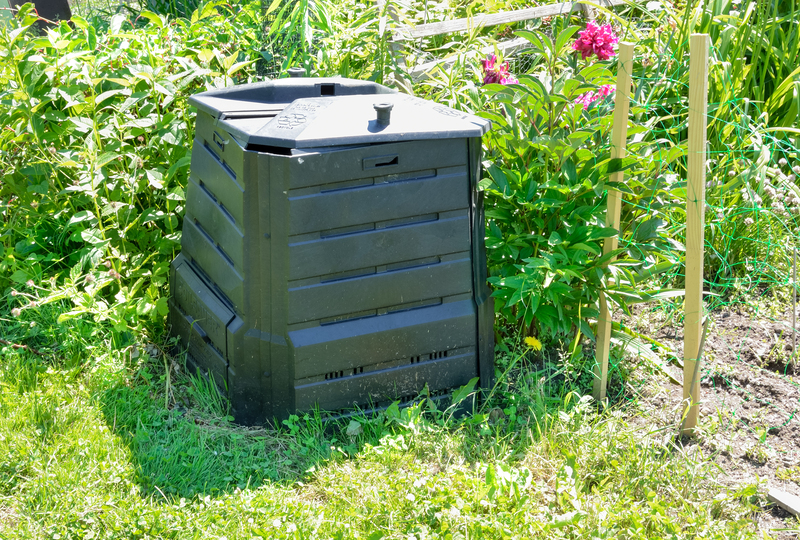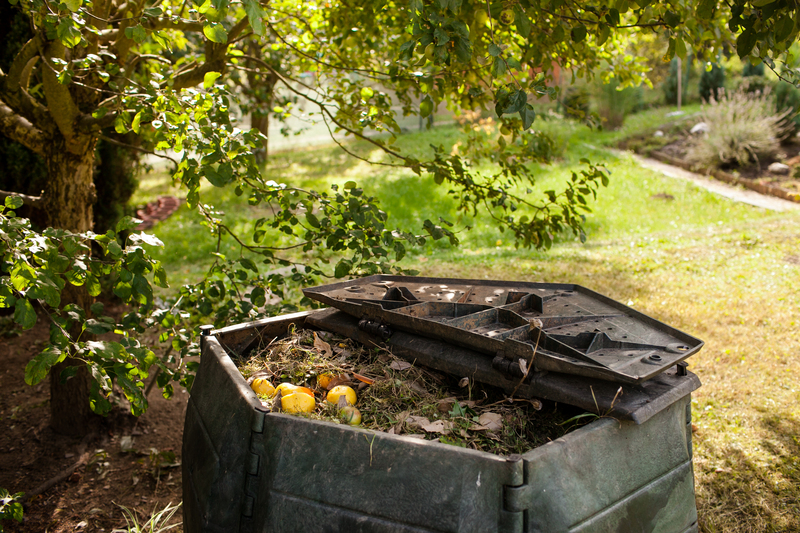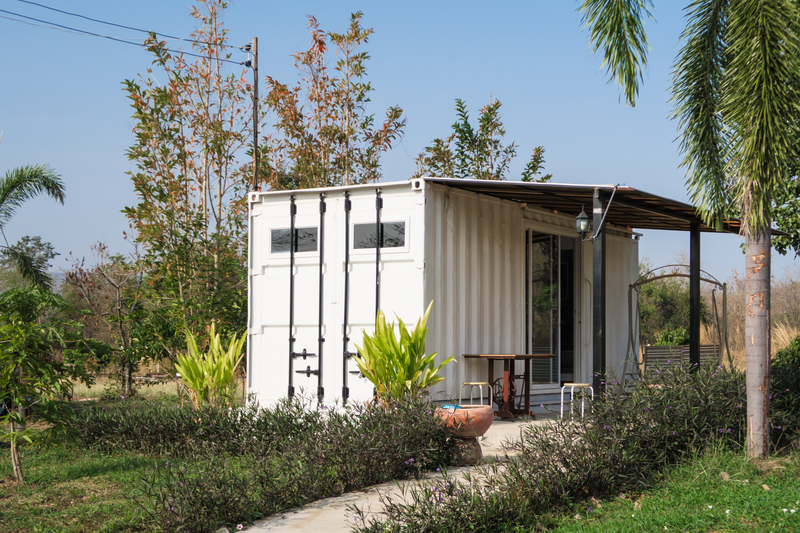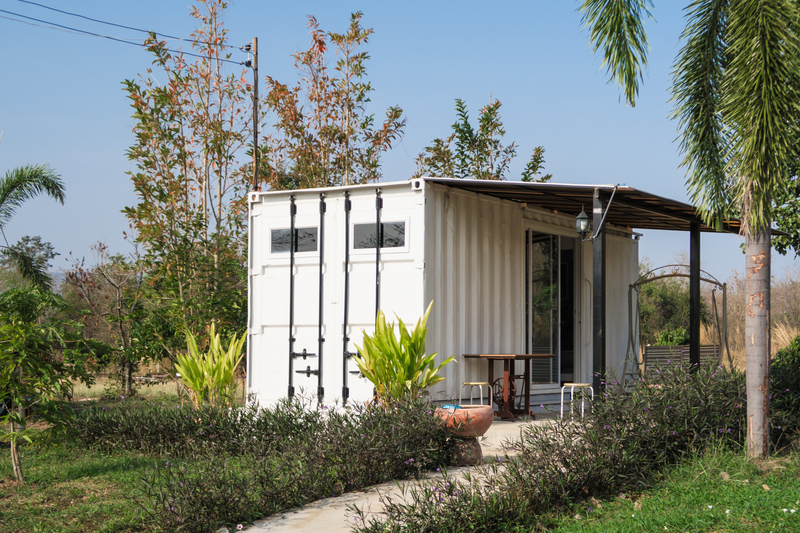Comprehensive Guide to Waste Recycling
 Waste recycling plays a crucial role in sustainable living and environmental conservation. By transforming waste materials into reusable resources, recycling reduces the burden on landfills and minimizes the negative impact on our planet. This article delves into the various aspects of waste recycling, exploring its benefits, methods, and the significant role it plays in promoting a greener future.
Waste recycling plays a crucial role in sustainable living and environmental conservation. By transforming waste materials into reusable resources, recycling reduces the burden on landfills and minimizes the negative impact on our planet. This article delves into the various aspects of waste recycling, exploring its benefits, methods, and the significant role it plays in promoting a greener future.
Understanding waste recycling involves recognizing the different types of materials that can be recycled, including paper, plastic, glass, metals, and organic waste. Each of these materials requires specific processes to ensure they are efficiently converted back into usable forms. Proper waste segregation at the source is essential to maximize recycling efficiency and reduce contamination.
The recycling process typically begins with collection and transportation of waste materials to recycling facilities. Here, the materials are sorted, cleaned, and processed into raw forms that can be used in manufacturing new products. Advanced technologies have improved the efficiency of recycling processes, making it easier to handle a diverse range of materials and reduce energy consumption.
 One of the primary benefits of waste recycling is the conservation of natural resources. By reusing materials, we reduce the need for extracting new raw materials from the Earth, thereby preserving biodiversity and mitigating the environmental degradation associated with mining and deforestation. This not only helps in maintaining ecological balance but also ensures the sustainability of resource availability for future generations.
One of the primary benefits of waste recycling is the conservation of natural resources. By reusing materials, we reduce the need for extracting new raw materials from the Earth, thereby preserving biodiversity and mitigating the environmental degradation associated with mining and deforestation. This not only helps in maintaining ecological balance but also ensures the sustainability of resource availability for future generations.
Recycling also significantly contributes to energy savings. Producing goods from recycled materials generally consumes less energy compared to manufacturing from virgin resources. For instance, recycling aluminum saves up to 95% of the energy required to produce it from raw bauxite ore. These energy savings translate to reduced greenhouse gas emissions, which are crucial in the fight against climate change.
Additionally, waste recycling helps in reducing greenhouse gas emissions by minimizing the amount of waste sent to landfills. Decomposing organic waste in landfills produces methane, a potent greenhouse gas that contributes to global warming. By diverting waste from landfills through recycling, we can significantly lower methane emissions and their impact on the environment.
 The economic advantages of waste recycling are also noteworthy. Recycling creates job opportunities across various sectors, including collection, processing, and manufacturing. It fosters the growth of a circular economy, where products are designed for longevity, reuse, and recycling, thereby stimulating economic development and innovation.
The economic advantages of waste recycling are also noteworthy. Recycling creates job opportunities across various sectors, including collection, processing, and manufacturing. It fosters the growth of a circular economy, where products are designed for longevity, reuse, and recycling, thereby stimulating economic development and innovation.
Moreover, recycling can lead to cost savings for businesses and municipalities. By reducing the volume of waste that needs to be disposed of, recycling lowers the costs associated with waste management and landfill usage. These savings can be redirected towards other essential services and infrastructure development.
In the context of consumer behavior, waste recycling encourages more responsible and sustainable practices. It raises awareness about the environmental impact of waste and promotes the adoption of eco-friendly habits, such as reducing, reusing, and recycling. This shift in mindset is vital for achieving long-term sustainability goals and fostering a culture of environmental stewardship.
 Despite its numerous benefits, waste recycling faces several challenges. Contamination of recyclable materials is a major issue that hampers the efficiency of recycling processes. Improper sorting and disposal can lead to the rejection of recyclable materials, reducing the overall effectiveness of recycling programs. Public education and proper waste management practices are essential to address this problem.
Despite its numerous benefits, waste recycling faces several challenges. Contamination of recyclable materials is a major issue that hampers the efficiency of recycling processes. Improper sorting and disposal can lead to the rejection of recyclable materials, reducing the overall effectiveness of recycling programs. Public education and proper waste management practices are essential to address this problem.
Another challenge is the fluctuating market demand for recycled materials. Market volatility can affect the economic viability of recycling operations, making it difficult to sustain recycling programs in the long term. Establishing stable markets and incentivizing the use of recycled materials are crucial for the sustainability of waste recycling initiatives.
Technological limitations also pose challenges to waste recycling. While advancements have been made, there are still obstacles in efficiently recycling certain materials, such as mixed plastics and composite materials. Continued research and innovation are necessary to develop new technologies that can overcome these limitations and enhance recycling capabilities.
 To overcome these challenges, a multifaceted approach is required. Governments, businesses, and individuals must collaborate to create effective waste management strategies that prioritize recycling. Implementing policies that encourage recycling, such as mandatory recycling laws and incentives for using recycled materials, can drive significant progress.
To overcome these challenges, a multifaceted approach is required. Governments, businesses, and individuals must collaborate to create effective waste management strategies that prioritize recycling. Implementing policies that encourage recycling, such as mandatory recycling laws and incentives for using recycled materials, can drive significant progress.
Businesses can invest in sustainable practices by designing products that are easier to recycle and employing eco-friendly manufacturing methods. Consumer awareness campaigns can educate the public about the importance of recycling and how to participate effectively. Community-based recycling programs can also play a vital role in promoting local recycling efforts and fostering a sense of collective responsibility.
Innovative solutions, such as waste-to-energy technologies and advanced sorting systems, can enhance the efficiency and effectiveness of waste recycling. Embracing these technologies can help in managing waste more sustainably and reducing the environmental footprint of our activities.
 In conclusion, waste recycling is an essential component of environmental sustainability and resource conservation. By understanding its benefits, addressing its challenges, and implementing effective recycling practices, we can contribute to a healthier planet and a more sustainable future. Embracing waste recycling not only preserves natural resources and reduces pollution but also fosters economic growth and community well-being.
In conclusion, waste recycling is an essential component of environmental sustainability and resource conservation. By understanding its benefits, addressing its challenges, and implementing effective recycling practices, we can contribute to a healthier planet and a more sustainable future. Embracing waste recycling not only preserves natural resources and reduces pollution but also fosters economic growth and community well-being.
As individuals, we can make a difference by adopting responsible waste management habits and supporting recycling initiatives. Together, through collective efforts and continuous innovation, we can overcome the challenges of waste recycling and pave the way for a greener, more sustainable world.







